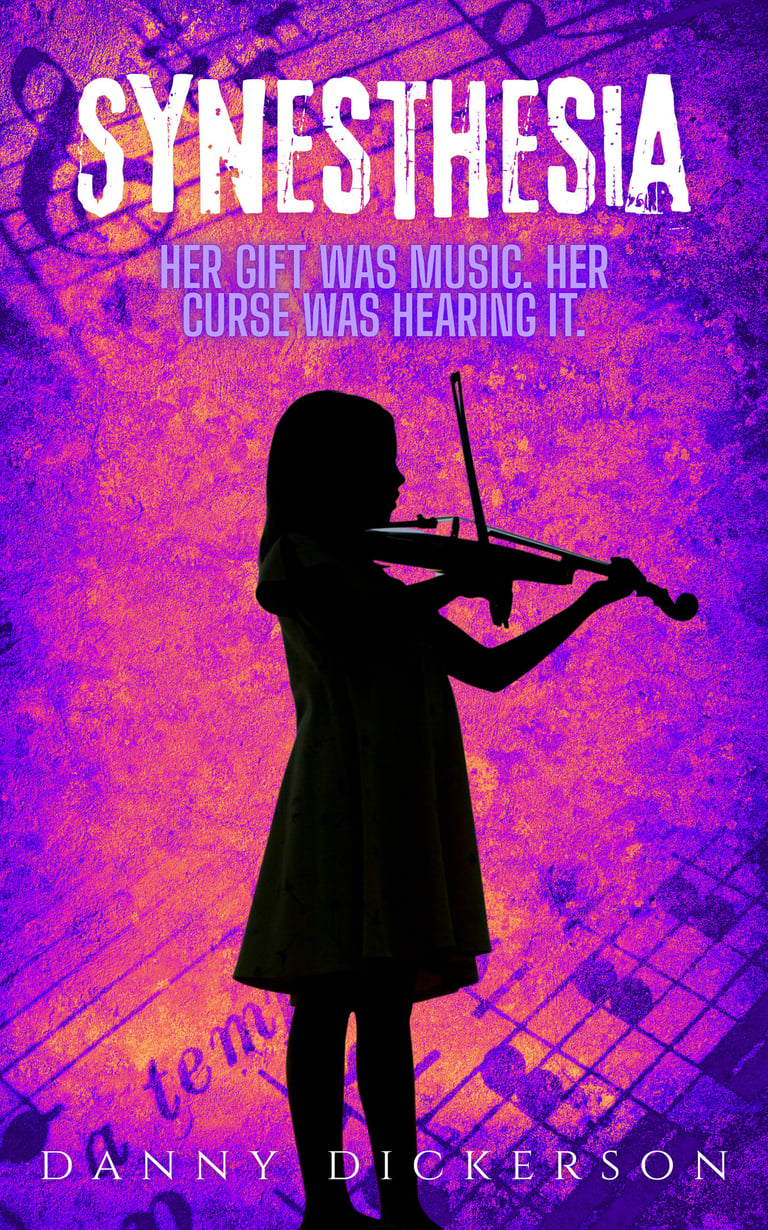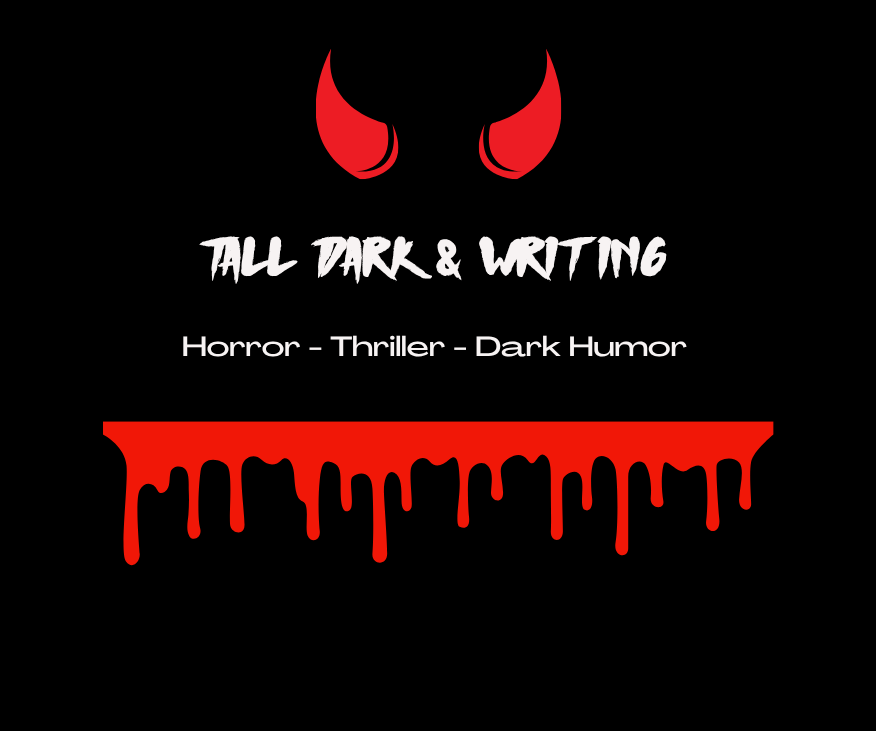

Helen adjusted her pearl necklace as she and her husband left the elegant dinner party, the sound of jazz fading behind them. The streets of Manhattan glowed with lamplight, the air heavy with autumn chill. Her voice cut through the night as she leaned toward Thomas.
“I’m worried about Iris. Did you see the way she stared at the piano? Not just staring—lost, like she wasn’t even there. It’s… unsettling.”
Thomas glanced at her through the reflection in the taxi’s glass, jaw tight. He didn’t answer at once, because he was thinking—measuring. Iris had always been different. She was a very introverted girl, often stuck in her own world.
“She needs refinement. She’s too dreamy, too distracted. We can’t have her drifting like Dillon. One child falling short is enough.” Thomas envied.
Helen folded her hands in her lap. “Refinement. What do you mean?”
He rattled off examples, almost rehearsed: “Discipline. Ballet. Perfect posture. Walking with a book on her head until she glides. Etiquette. Language. Music. Things that make her worthy of the life she’s been given.”
Helen listened, though doubt shadowed her features. Dillon was already the family disappointment, constantly in trouble despite their wealth and influence. Iris was supposed to be different. “Let’s not overwhelm her, Thomas. She’s only eight. Perhaps something simple to start. Music lessons, maybe.”
Thomas’s expression softened slightly. He turned, fixing his gaze on his daughter curled against the leather seat. “Yes. Music. Iris, which instrument would you like to learn?”
Her eyes flickered open. She thought for a moment, then whispered: “Drums.”
Helen chuckled, but Thomas’s voice was firm, pretending to hear what he wanted to hear.
“The violin, you say? Very good then. That’s what you’ll learn.”
And Iris, reluctant but obedient, peered back at her father with a look that clearly said, “I really don’t want to do this.” Although, she hadn’t many hobbies besides watching anime on her tablet and no friends at all to play with. She was truly a loner by such a young age, but that’s because there was something different about Iris. She had a gift and the gifted are often loners.
The violin was supposed to polish her. Instead, it unlocked something else, magnifying her gift.
On the very first day, when her bow touched the strings, Iris gasped. Ribbons of color shimmered into the air, delicate and flowing. High notes unfurled into arcs of gold; low notes sank into deep indigos that curled like smoke. The world came alive in hues she could not name.
She told no one. Not her mother, not her father. At first she thought it was a secret magic, something meant only for her. But her teacher, Ms. Veyra, noticed.
The studio smelled of musk and rot, tucked inside a weathered building on the Upper West Side. The elevator rattled on its way up, cables straining, making Iris grip her father’s hand until they arrived at the top. The room itself was drafty, lined with violins on dark wooden racks, the air filled with faint echoes of strings long silenced. And there stood Ms. Veyra—tall, angular, with startling blue eyes that gleamed when they caught the light. Her accent was harsh and sharp, clipped consonants and deliberate pauses. German, Thomas guessed, though he never asked.
She shook his hand, then turned her attention to Iris. Something about the way her gaze lingered made Iris’s stomach twist. Her eyes were scary. Her father left quickly as business always going, keeping him busy at all hours of the day and night. And so the lesson began.
Iris played. She saw colors. She smiled.
And Ms. Veyra, after a long silence, leaned close and whispered: “The violin is not only music. It is truth, if you learn to listen.”
The weeks passed. Iris practiced. Her parents were pleased. At parties, she performed small pieces, her bow steady, and her shoulders square. Guests applauded politely, and Helen basked in the praise. The child who once seemed absent now radiated poise and also learned very quickly how to play the violin.
But that was because it wasn’t mere music. Iris did not see tuxedos and sequined gowns, or chandeliers and champagne like everyone else. She saw waves of shimmering light, spirals of pinks, silvers, and violets blooming with every note she played. Her secret world shielded her from the suffocating pressure of social eyes. It was beautiful. It was hers.
Until one day, something began to shift.
It began with voices. Her mother’s, sweet but sharp, left a trail of powder-blue haze. Her father’s commands stamped heavy gray blocks into the air. The sounds of the street—horns, brakes, heels against pavement had fractured into jagged shapes that scraped at her vision.
The beauty of music and sound that once was, had decayed. Colors smeared into stains. Notes left shadows. And shadows had movement.
One evening, during a lesson, Ms. Veyra demonstrated a passage, her bow gliding flawlessly across the strings. The air erupted in brilliance, but then the colors sharpened, thinned, and became windows. Beyond them, Iris saw a vast shadowy plain stretching endlessly, filled with towering silhouettes. One lifted its head. Its gaze locked on her.
Her teacher’s face twisted in that instant. Hollow eyes. Mouth stretched wide, rimmed in hellish light. Her ability to see sound as objects was turning sinister.
But Iris couldn’t control it.
She begged her to stop playing, and when she did, she slowly walked over to her. Iris was terrified out of her mind but as the music stopped, so did the visions that she saw. Ms. Veyra laid a hand on her shoulder, soft but insistent. “Do not fear what is true. Fear only your blindness to it.”
But Iris, still scared, could only see the monster that was just there. Ms. Veyra wiped away her tears until they stopped and the all the things she saw dissipated. After those moments went by, Iris tried again hoping that she’ll see the beautiful things she once did.
As the colors came. The shadows stirred once more. When she closed her eyes, they did not fade; they lingered like afterimages of a camera flash, imprinted on her mind. Her power, or gift, was turning into a nightmare. It was all she could do to get through that lesson.
At home, she told her parents. They laughed, dismissing her fears as imagination. Their laughter itself cracked the air into jagged black streaks, splitting her world wider. No comfort came. Only the silence at night—yet silence was almost worse. Silence was full of echoes.
She pressed pillows against her ears when her hands got tired of plunging her little hands over them. Before long, she left marks and bruises along the side of her head and neck. Sometimes her nails would dig so deep until they bled. Even her own heartbeat sent ripples through her vision, vibrating the veil between her world and the other.
With a gift like hers, without silence, there’s insanity.
Her parents grew impatient. Thomas forced more lessons. And in the studio, Ms. Veyra grew sharper and fierce. Her elegance warped into menace. When Iris dared open her eyes, her teacher’s limbs looked too long, her blue eyes inhuman, her mouth smiling at some private cruelty. The music became a weapon, screeching, summoning colors that twisted into crimson swirls and black smears. And within them, Ms. Veyra’s true form seemed to emerge: pale, hollow, monstrous.
Iris screamed, fled, and hid in the studio’s dusty corner. But every call of her name spread like a plague across the walls, shaking dust loose from the rafters that only she could see.
By the time her father returned to collect her, Iris was trembling, sobbing into her hands. He dismissed it as childish nerves. Thomas was going to have a refined daughter, no matter what. Helen tried to soothe her, but Iris’s eyes were far away, focused on shadows that no one else could see.
The creatures that she could see noticed her now. In class, she saw one lean closer, its faceless head turning in recognition. The veil was thinning. The world she had once thought of as secret and beautiful was only camouflage. Beneath it was something else—something black, infinite, and hungry.
Hell.
On one quiet evening, before her parents came home, the silence grew too loud. Her ears rang with a high pitch that split into fractals of red and black. Her own screams filled the room with vibrating forms—monstrous, clawing, and alive. Blood dripped from where she pressed too hard against her ears, but the sounds only grew louder, sharper, and thicker. They swarmed.
Her parents burst through the door. Their mouths moved, calling her name, pleading. But Iris did not hear them. Instead, their voices appeared as jagged cracks, ripping her world apart. Through the fractures came the shadow creatures.
They poured into the room and surrounded her. All of them crawling like a devils pet. Those others that stood among her were towering, and their strength in numbers seemingly endless. Her parents tried desperately to get their daughter to return to reality. They sought out the best doctors, psychiatrists, and specialists that money could buy.
None of their efforts mattered. Their daughter was truly lost.
Both Thomas and Helen peeked through the window of the locked door. Inside the soundproof room with padded walls sat Iris, glancing up at the ceiling as if something was there. She crawled from one side of the room, to the other trying to avoid what she saw. As her parents walked away, they knew their daughter was truly lost, and gone forever.
In her old room, a violin still rests, lying on its side with one string snapped. In the end, sound and silence betrayed her. There was no safe refuge and this so called gift, was her curse. The path that her parents had chosen for their daughter’s refinement had opened a door that could never be closed.
And behind that door, the world was nothing but the abyss.
Nothing but hell.


